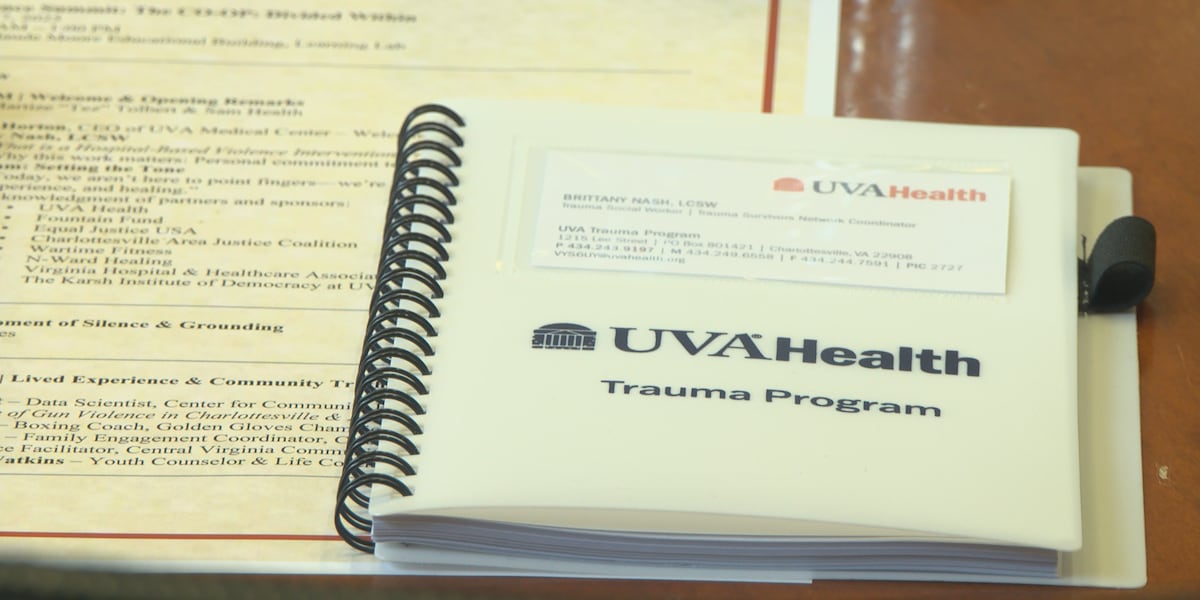US Blocks WHO Pandemic Treaty Changes: What It Means for Global Health Security

The United States has thrown a significant wrench into efforts to strengthen global pandemic preparedness, rejecting amendments to the World Health Organization's (WHO) International Health Regulations (IHR). These amendments, approved by a majority of WHO member states in 2024, were designed to address the shortcomings exposed during the COVID-19 pandemic and create a more coordinated and effective global response to future health crises.
What are the International Health Regulations? The IHR are a legally binding framework adopted in 2005, outlining responsibilities for countries in preventing and responding to the international spread of disease. They establish rules for reporting outbreaks, sharing information, and coordinating responses. The recent amendments aimed to update these rules to reflect lessons learned from COVID-19 and bolster global health security.
Why the Amendments? The COVID-19 pandemic laid bare critical weaknesses in the global health system. Issues like vaccine inequity, inconsistent border closures, and a lack of trust between nations hampered the response and prolonged the crisis. The proposed amendments sought to address these failures by:
- Strengthening early warning systems: Improving the speed and accuracy of outbreak detection and reporting.
- Promoting equitable access to vaccines and treatments: Ensuring that all countries, regardless of wealth, have access to essential medical resources.
- Enhancing transparency and data sharing: Requiring countries to share data and information more readily.
- Establishing a mechanism for independent assessments: Allowing the WHO to conduct independent evaluations of national pandemic preparedness and response plans.
The US Objection: Concerns over Sovereignty The US government has voiced concerns that the proposed amendments would infringe upon national sovereignty and potentially allow the WHO to dictate domestic health policies. Specifically, the US has objected to provisions related to data sharing, vaccine distribution, and the potential for the WHO to impose measures without the consent of individual nations. A spokesperson for the US State Department stated that the US supports strengthening global health security but believes the proposed changes would be overly intrusive and could hinder national decision-making.
Reactions and Implications: A Setback for Global Cooperation The US rejection has been met with disappointment by many countries and public health experts. Critics argue that the US stance undermines international cooperation and jeopardizes efforts to prevent future pandemics. The WHO itself has expressed regret over the outcome, emphasizing the need for a unified global approach to pandemic preparedness.
What's Next? The future of the IHR amendments remains uncertain. While the US has blocked the changes in their current form, negotiations are likely to continue. Other countries may seek to find alternative ways to strengthen global health security, potentially through bilateral agreements or other mechanisms. However, the US rejection highlights the ongoing tension between national interests and the need for international cooperation in addressing global health threats.
The COVID-19 pandemic served as a stark reminder that infectious diseases do not respect borders. Strengthening global health security is not just a matter of altruism; it is a matter of self-preservation. The US decision to reject the WHO amendments raises serious questions about the commitment of major powers to a coordinated and effective global response to future pandemics.



:max_bytes(150000):strip_icc()/VWH-GettyImages-2192012340-7ded5a1def2d4c88869923fe1b1ea018.jpg)

